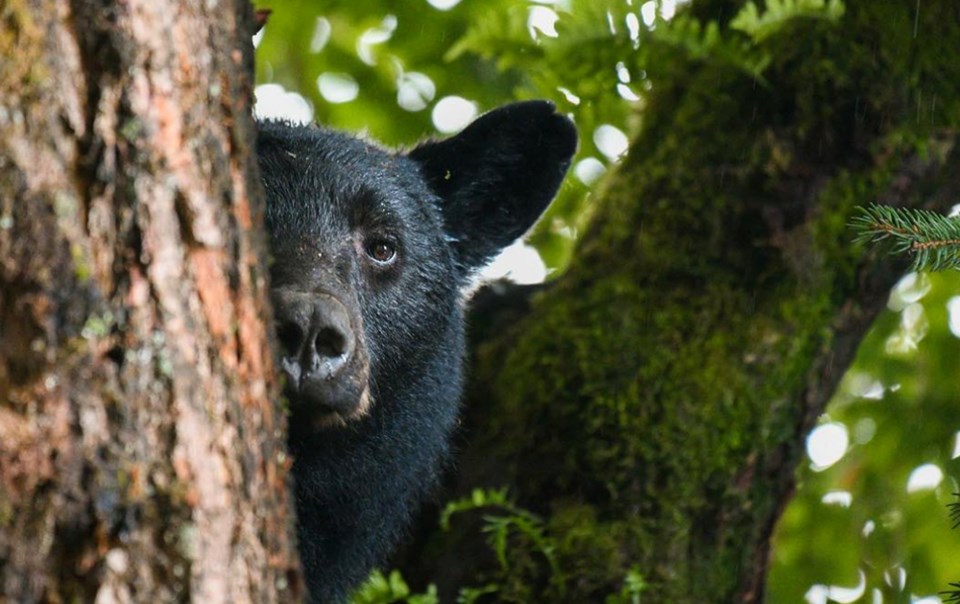Conservation officer Eamon McArthur said there were last Wednesday .
“We have a massive amount of reports on the history of these bears from the area and the close proximity to people and the threatening behaviour (making bluff charges at people) is why we made the decision to euthanize these bears,” said McArthur.
“Most of the time we try to get the bear to move away on their own because the act of relocating and tranquilizing is a very invasive act and they generally return to their place of origin. Once they start eating human-sourced food it’s not viable anymore. It’s been going on for quite some time and they didn’t haze out of the area at all, they were extremely habituated animals.”
He said he’s shot five bears this summer, all adult males, but he didn’t know how many combined the other officers have euthanized. In nine years on the job he says he’s never seen so many large bears in the city as there is this year.
McArthur advises people who see a bear on their street or in their yard to make as much noise as possible so the bear feels uncomfortable and unwelcome.
“A lot of times people just let a bear eat it’s fill and that’s the wrong move because it’s giving the bear that level of comfortability,” he said. ”You want to make that bear a little afraid and have that natural fear of humans so it doesn’t stay in the yard and feed there for hours. The management of attractants is paramount.”
Conservation officers are on the lookout for a coyote believed to have bitten an adult on the back of the leg Sunday morning near the intersection of First Avenue and George Street. That’s the second coyote attack on a human reported this summer. The other occurred a few weeks ago at Aberdeen Glen Golf Course when a coyote nipped an adult on the leg. McArthur said the coyote is believed to be food habituated.




